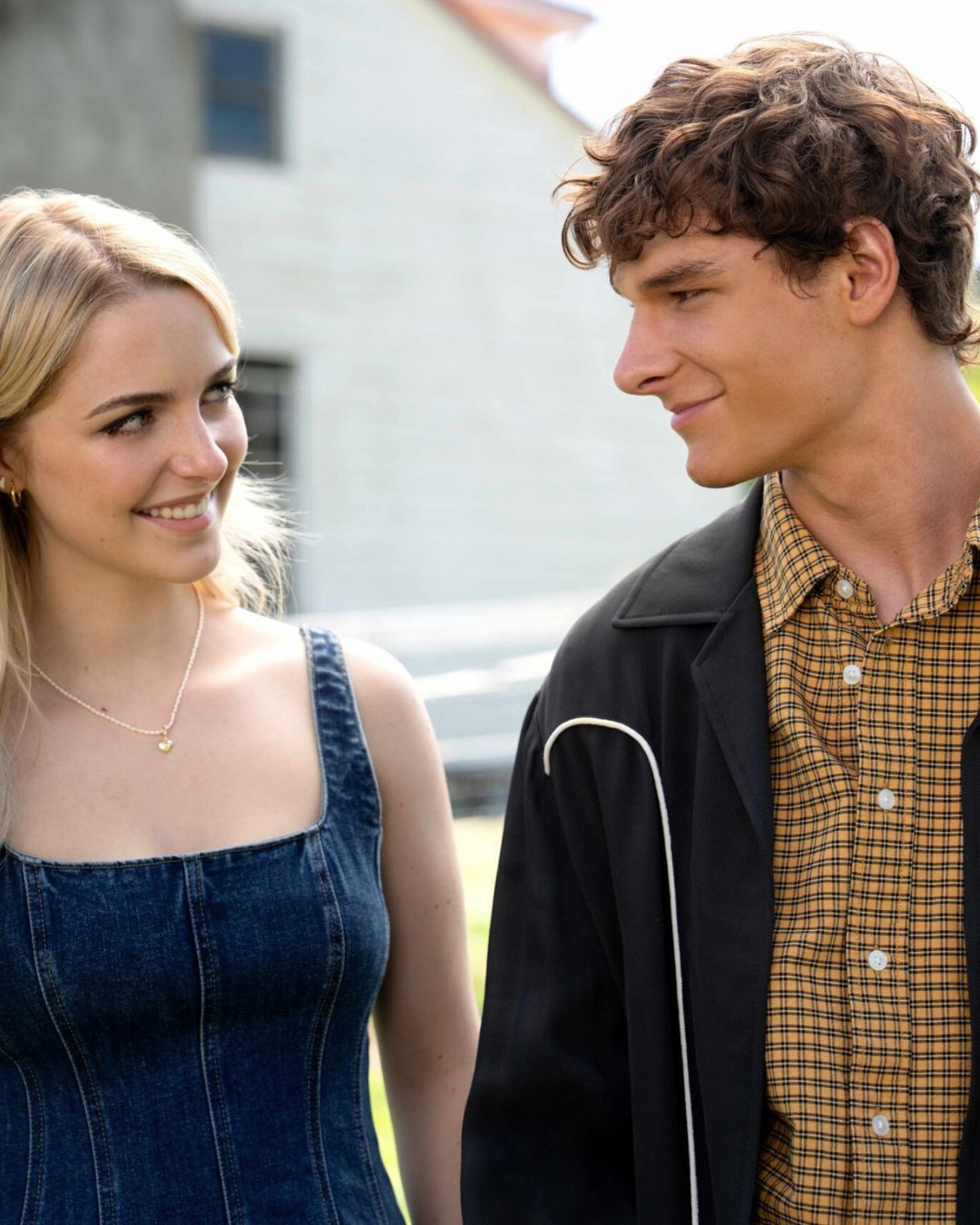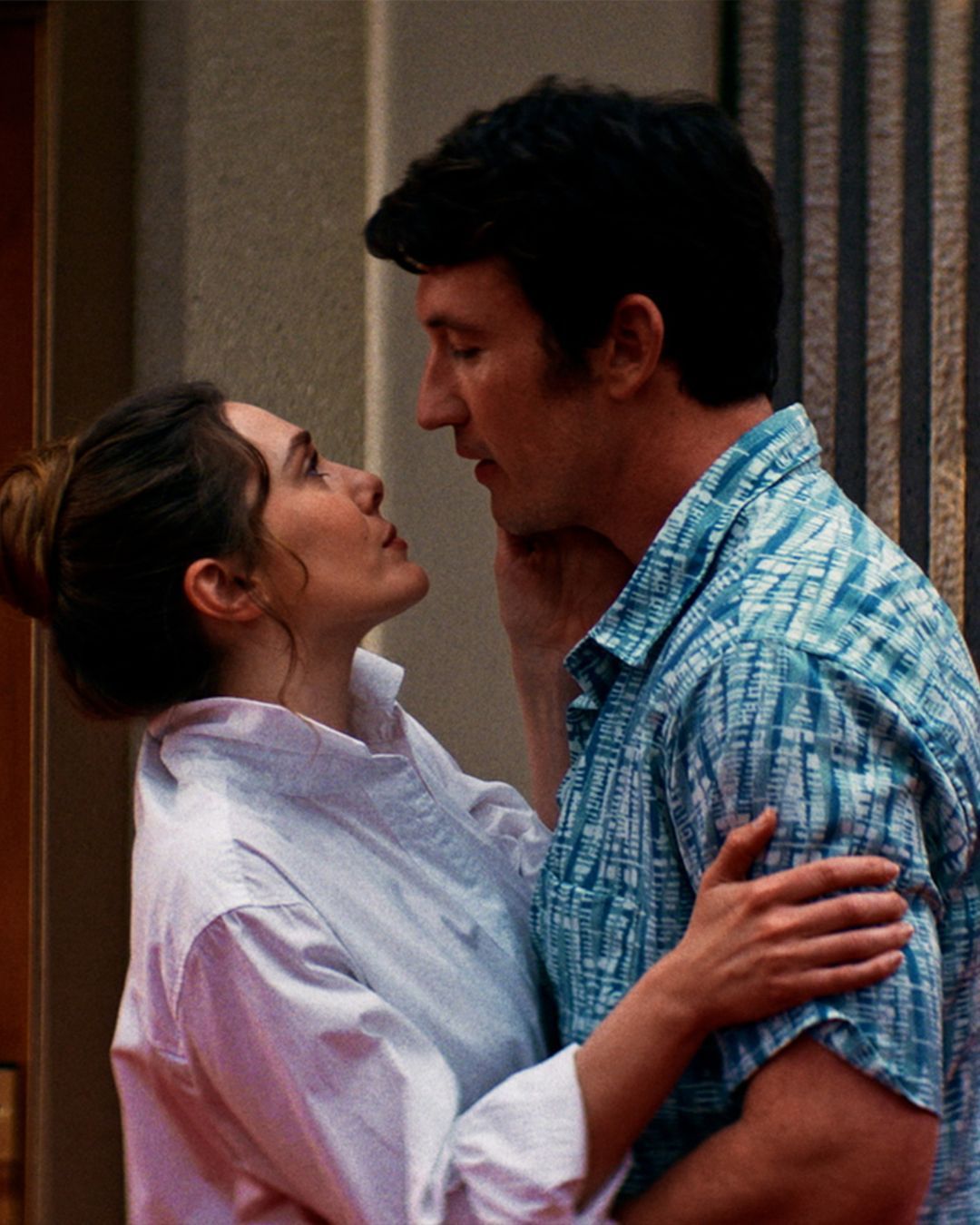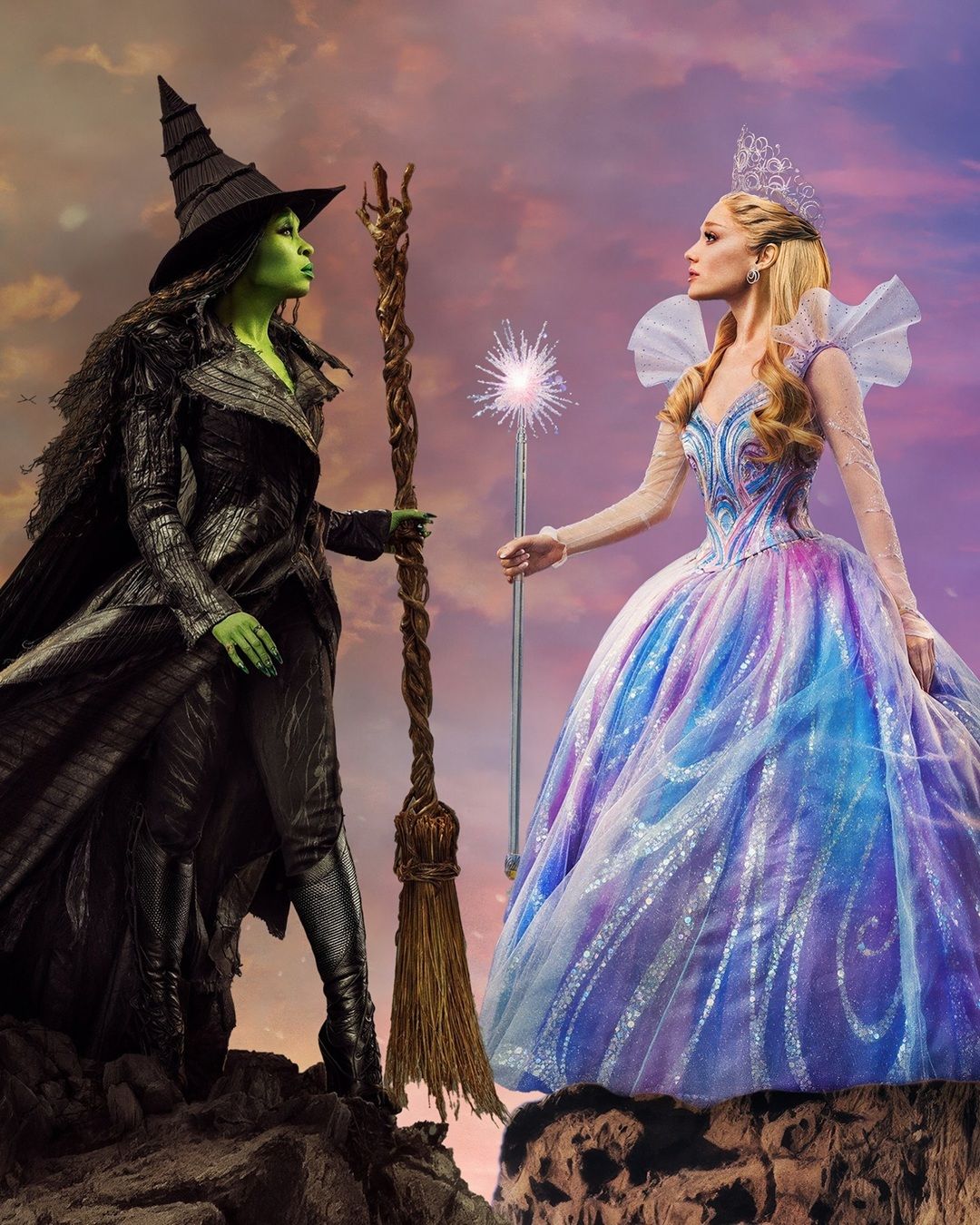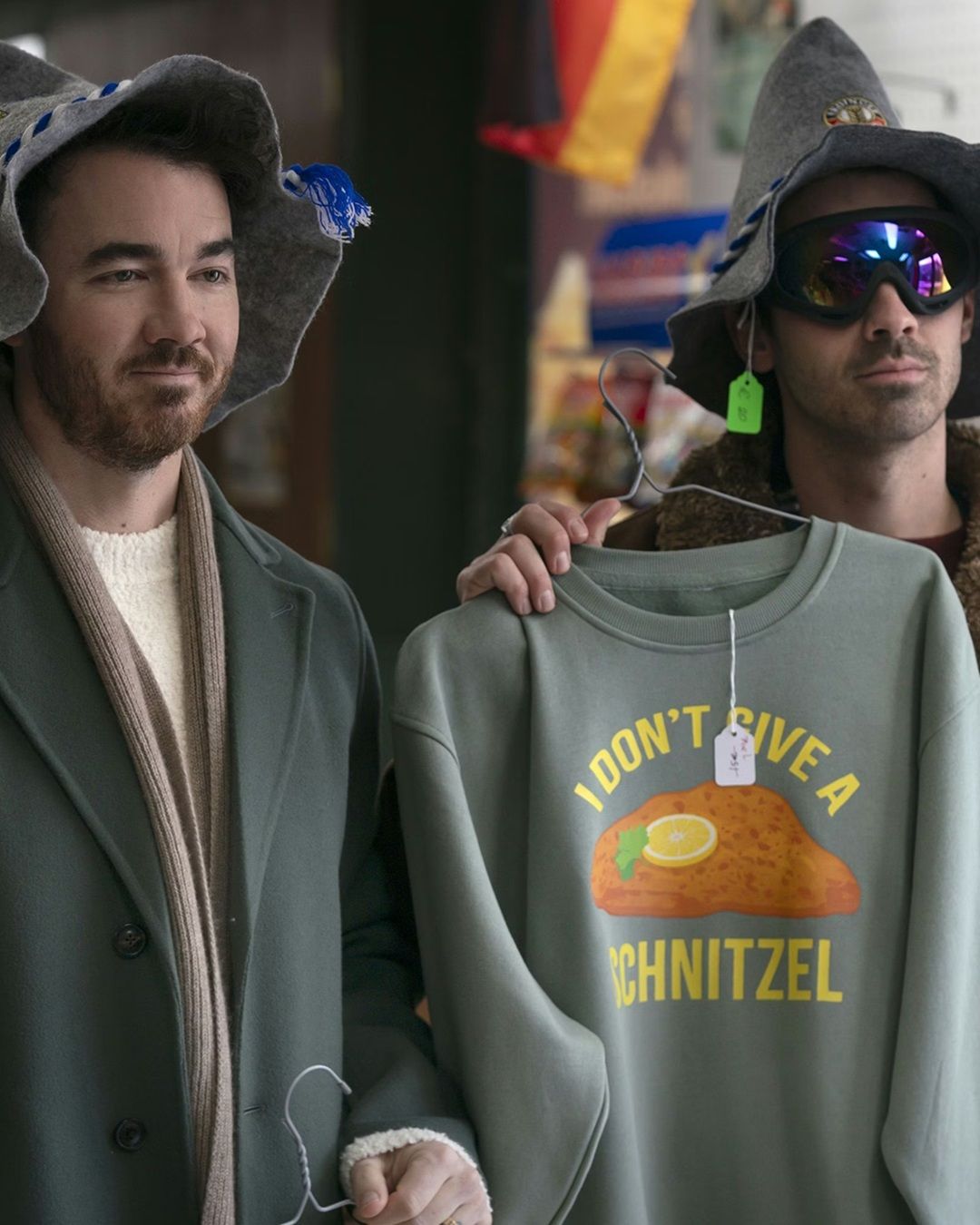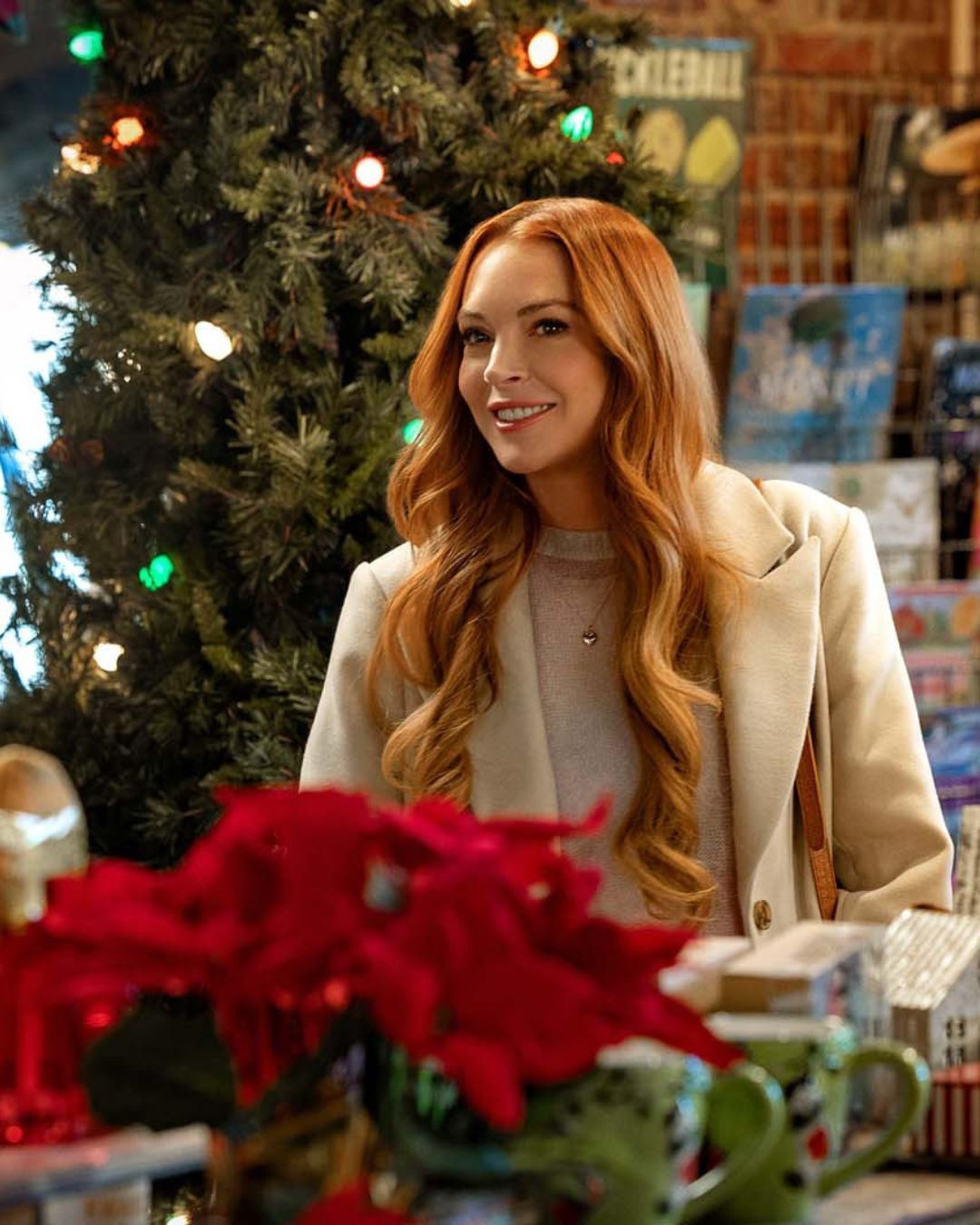
Jessica Alba had never left And why is the audience celebrating its big return on Netflix?
Jessica Alba is at the center of a collective lie. As the star of Netflix's Trigger Warning, her "comeback" has been received with great fanfare, more or less. Despite negative reviews and doubts about the quality of Mouly Surya's film, the public has celebrated the actress as if she had returned to acting after years of absence. The truth is, her last film was the questionable and indeed unknown Killers Anonymous in 2019. In the same year, she starred in L.A.'s Finest, an action series based on the Bad Boys franchise created by Brandon Margolis and Brandon Sonnier, which was canceled after two seasons. So, what's the deal?
Is Jessica Alba Trapped in the Past?
The great delusion surrounding the actress is far more interesting than her debut on the streaming platform - in a film where she beats up the bad guys, jumps out of burning houses, and stabs with knives given to her by her father - and belongs precisely to the memory the audience has of the icon who - though she was born in 1981 - seems to be relegated to another time and space: the early 2000s, where her rise began and also stalled, trapped in amber. Perhaps it is the "fault" of the roles she played in those years, which made her a constant in global entertainment, so much so that it froze her there.
Her Early Roles and the Importance of Physicality
From genetically enhanced humans to hip hop choreographers, Jessica Alba's portrayals center on the body in power, in motion, as a driving force of her filmography, so concrete and material that it belongs solely to that now distant period. The show Dark Angel, created by none other than James Cameron along with Charles H. Eglee, came out in 2000. Her character Max Guevara - an earthly name for her mutant X5-452 - roams the streets of Seattle trying to fit into a society that does not know her capabilities and past. A modified body with which Alba began to make a name for herself in both the fictional world of the sci-fi series and the show business world, earning a nomination for Best Actress in a Drama Series at the 2001 Golden Globes. Honey came three years later, bringing with it a style, even in terms of clothing. Jessica Alba wore sporty crop tops and low-waist sweatpants that showcased her physique and highlighted her physicality with every move and dance step. A street wardrobe of its time that embraced the Old School and RnB sounds beginning to become commercial in those years and that are captured and made part of the dance teacher character played by Alba.
Fantastic Four: The World Before the Marvel Cinematic Universe
Against all odds, Honey became a classic, perhaps because it was so capable of capturing a specific moment. Jessica Alba in this role is just okay, but it doesn't matter. She still managed to win over the audience, even without reprising her role in the two sequels. A similar fate befell Fantastic Four in 2005, maligned and mistreated, for which Alba was the only one of her team - along with Ioan Gruffudd, Michael Chiklis, and a rising Chris Evans - to receive a Razzie Award nomination for Worst Actress. But it is exactly the physical image, this time in the context of superheroism, that returns. And it becomes even more powerful in its absence. Playing the Invisible Woman - who, when not disappearing, is simply Susan Storm - Jessica Alba was among the first stars to embrace the driving force of superhero movies and comic book films. From dancing on city sidewalks to saving entire metropolises, she is fixed there: in a pre-MCU imagination from which it is impossible to separate her and in which she is perfectly placed even when she becomes transparent.
Sin City
While stuck in the Bahamas with a load of cocaine in Into the Blue and starting to allow herself cameos as herself in Knocked Up, it is another role, again from 2005, that contributes to her entrapment in that precise 2000s period. In Sin City, Jessica Alba is the nineteen-year-old Nancy Callahan. And there she is again, in our imagination, lasso in hand while writhing on the counter of one of the worst bars in Miller, Rodriguez and Tarantino work. Desaturated like the entire film's cinematography, dressed in leather and straps, Jessica Alba in Sin City is coquettish innocence, mischievous purity. And it is especially another role that allowed her to explode to the point that what came after would never be enough to surpass it. This applies to the entire saga: in Sin City: A Dame to Kill For (2014), Alba's presence is more of a consequence than an actual surprise. And perhaps it is the sequel that marks the beginning of the decline of the actress's career, making her "comeback" ten years later seem monumental.
Jessica Alba Today
Meanwhile, over the years, Jessica Alba has become a mother of three. In 2011, she founded The Honest Company, a beauty and personal care company, resigning as chief creative in 2024 to seek new outlets for her energies (while remaining on the company's board). If she intends to invest in more film roles, it will not be a fresh start for the actress but merely a continuation, even if what she was for the entertainment world at the beginning of her career, she likely will not be again. Especially if she faces more projects like Trigger Warning.



















































